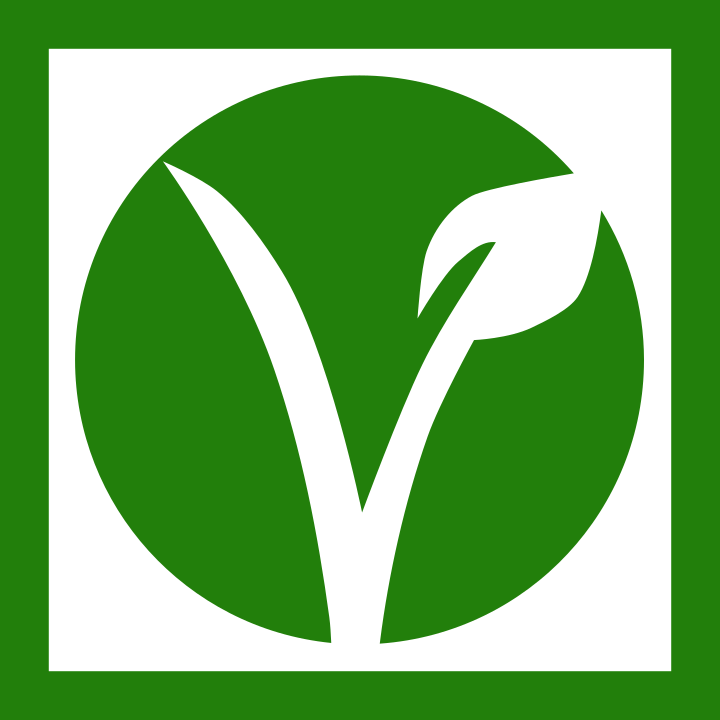A family friend who’s a psychiatrist told us that tofu can worsen depression. I’m skeptical, but a web search revealed the following:
Even though soy is packed with lean protein, it’s also packed with trypsin and protease inhibitors—enzymes that make the digestion of protein incredibly difficult. Soy is also high in copper, a mineral linked to anxious behavior, and loaded with oligosaccharides, which are known to cause flatulence. (Link, TW: meat)
The article also says tempeh is better than tofu in this regard, so that’s good since I like tempeh more than tofu (harder to source though). I wanted to ask here who are more along in life.


If you search on Google Scholar for scientific articles on the topic, there are indeed several studies and even meta studies out there. I didn’t read all of them but only screened some abstracts.
My first impression is that a potential negative effect of soy products seems to be not significant as there are several studies finding no or even the inverse effect. However, if you have certain preconditions don’t trust some random guy on the internet. I’d advise to get a second opinion from a doctor and also read through some of the studies in more detail.
https://scholar.google.com/scholar?hl=de&as_sdt=0%2C5&q=tofu+depression&oq=tofu+depress#d=gs_qabs&t=1725946152211&u=%23p%3DJ2vxLhx2n6AJ
Another study specifically focused on the effect of soy on pregnant or menopausal women. They came to the result that soy products may be even beneficial:
However, they also say that they are apparantly the first study with such a result:
https://scholar.google.com/scholar?hl=de&as_sdt=0%2C5&q=tofu+depression&oq=tofu+depress#d=gs_qabs&t=1725945759423&u=%23p%3DRX3BHgjfAigJ
Another one regarding depression among workers says…
https://scholar.google.com/scholar?hl=de&as_sdt=0%2C5&q=tofu+depression&oq=tofu+depress#d=gs_qabs&t=1725946393568&u=%23p%3D_5DnZSJyqMQJ
My search in general: https://scholar.google.com/scholar?hl=de&as_sdt=0%2C5&q=tofu+depression&oq=tofu+depress
Oh hey thanks for this! This is pretty comprehensive!